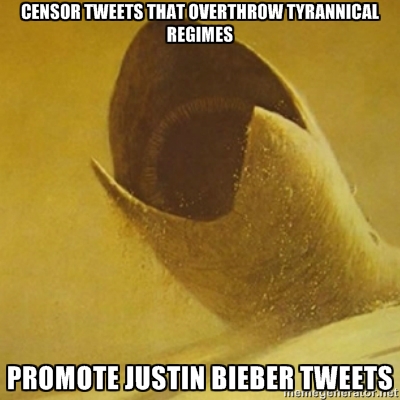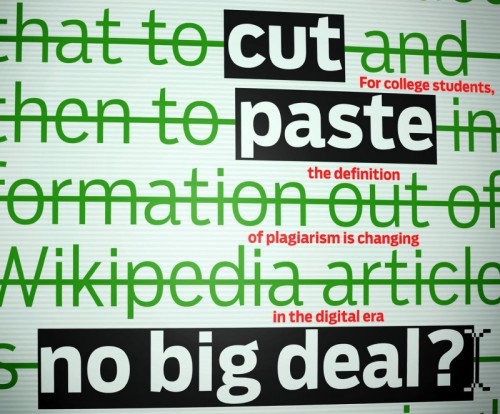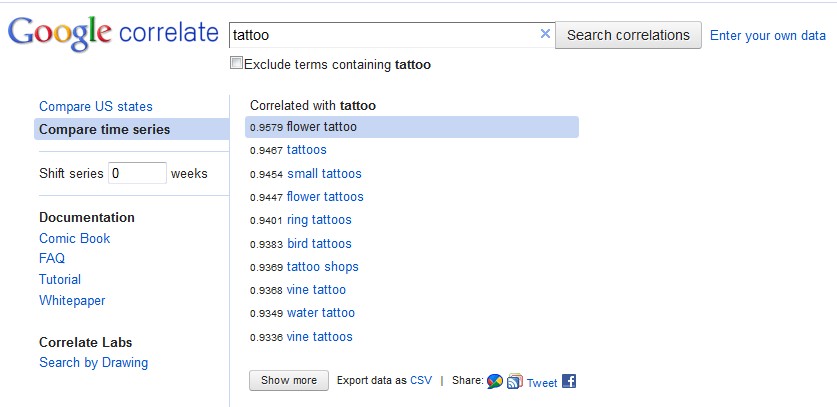Google’s “Project Glass,” is the Augmented Reality (AR) Heads-up-Display (HUD) glasses offering that Google is designing for a near future Internet interactive experience.
(Video credit: Google)
From watching their demonstration video, I certainly have some questions and observations. Google’s vision (no pun intended) of the future is a place where people ignore women except as witnesses to their achievements, talk with their mouth full, and put their live friends on hold to interact with a machine (oh wait, that’s what people do now); and is one without ads (wait…what?). Thankfully, rebelliouspixels mixed them in: more...










